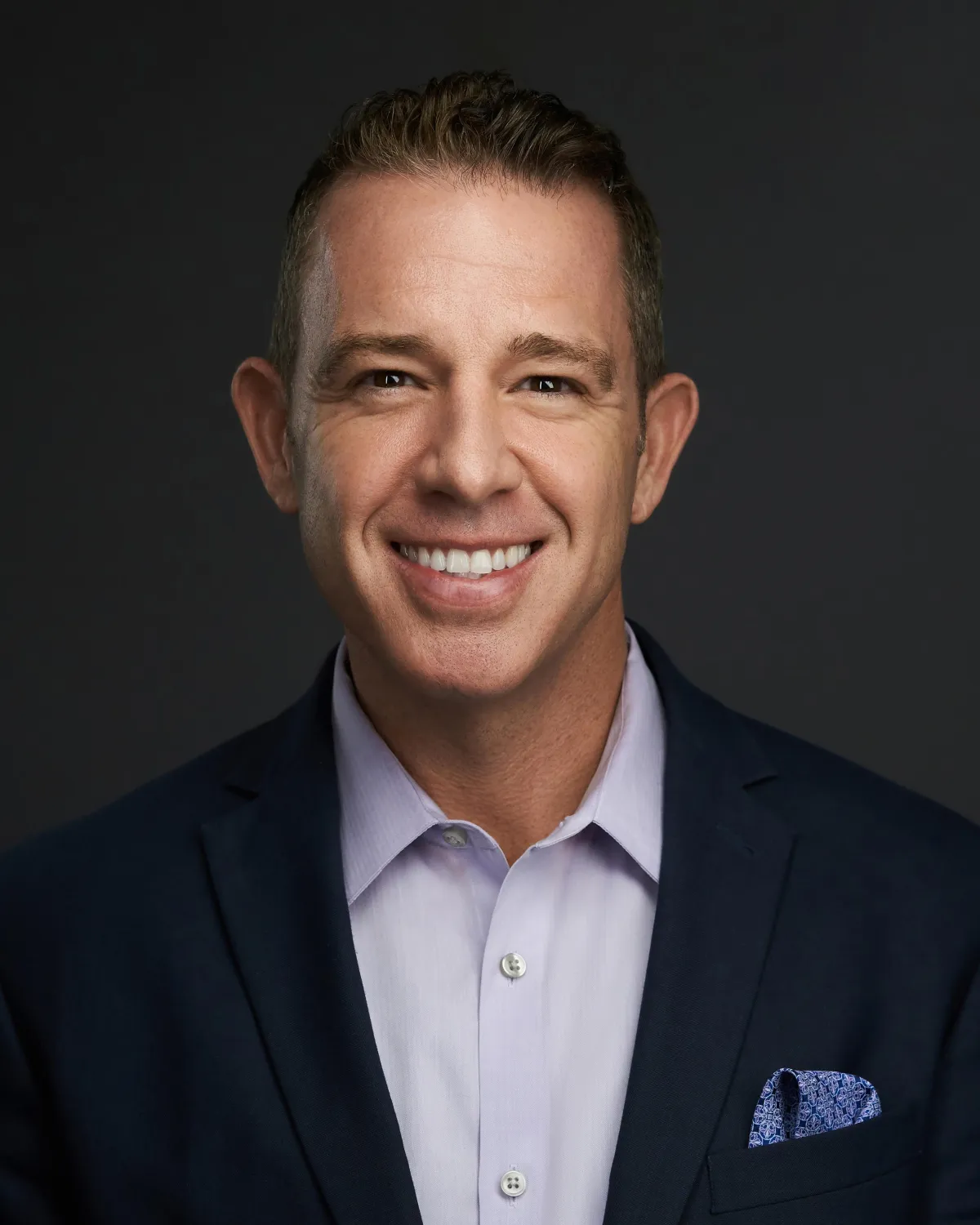
Special Guest Expert - Kevin Kepple

Kevin Kepple
Kevin loves to be outside in nature, is an ironman athlete, and has the most fun (aside from being in the mountains with his dog Frank) when he is helping successful but stressed business owners and executives create more impact by aligning with their heart, so that they can truly maximize their genius and find more access to happiness and aliveness.
Connect with Kevin:
Please Share This With Your Followers
